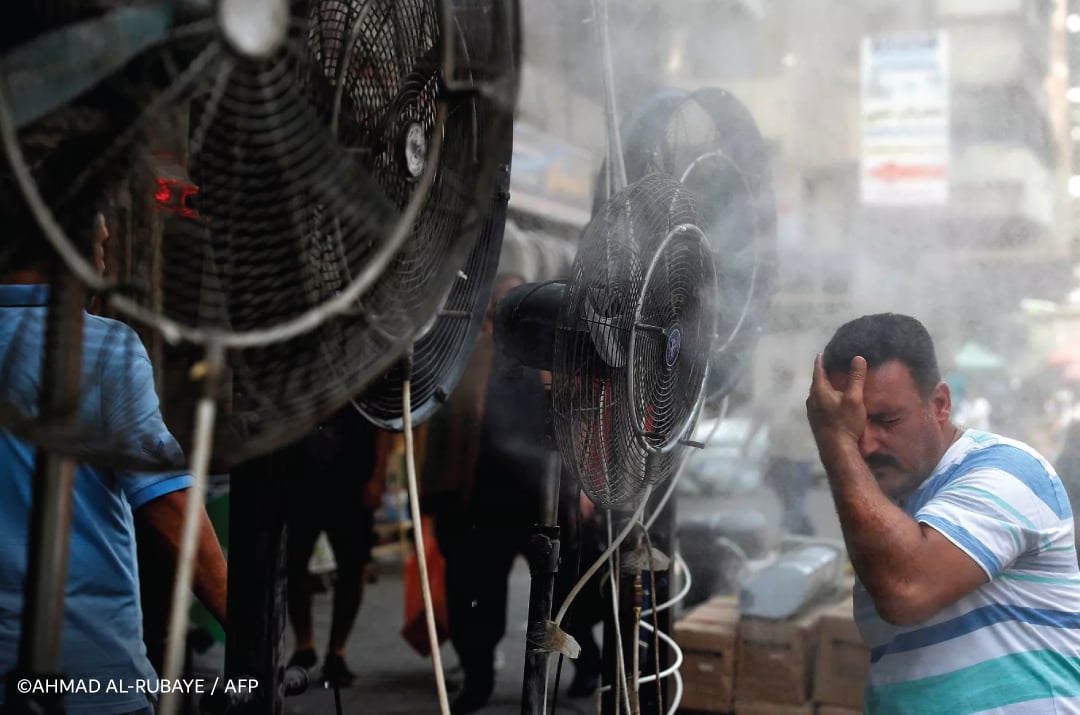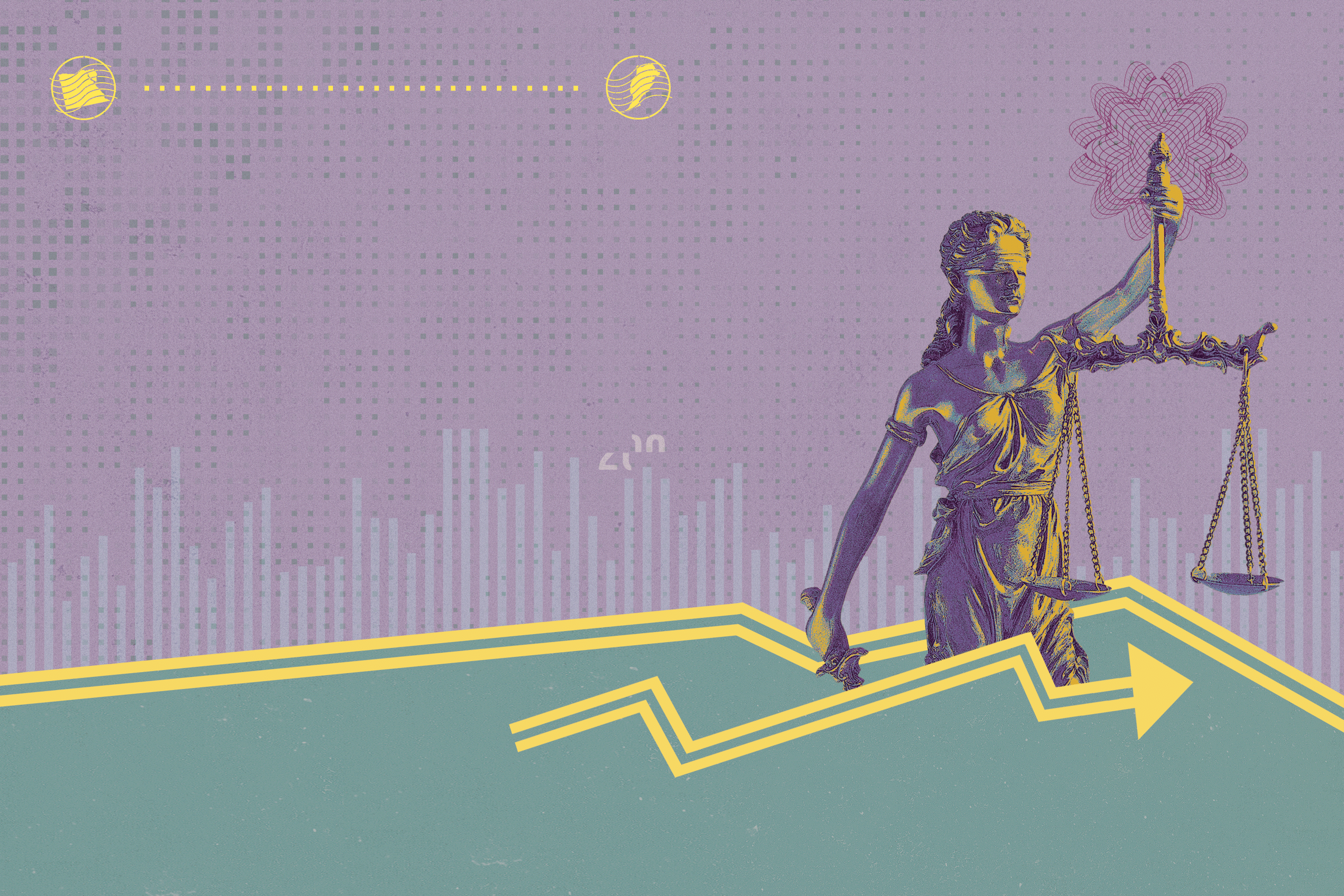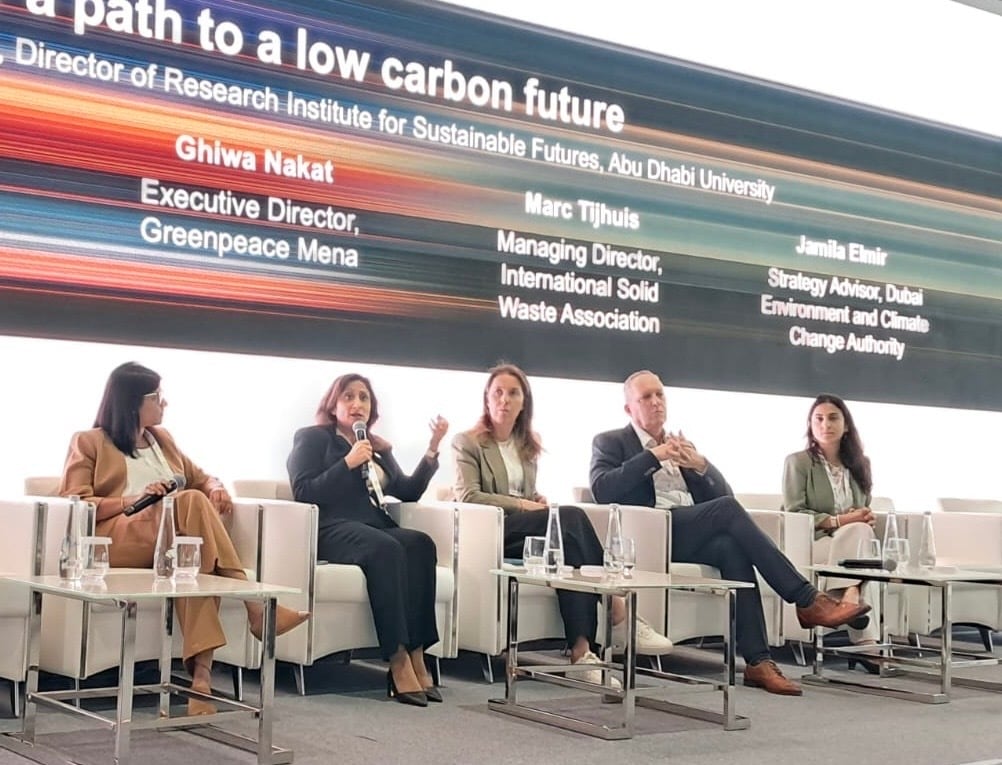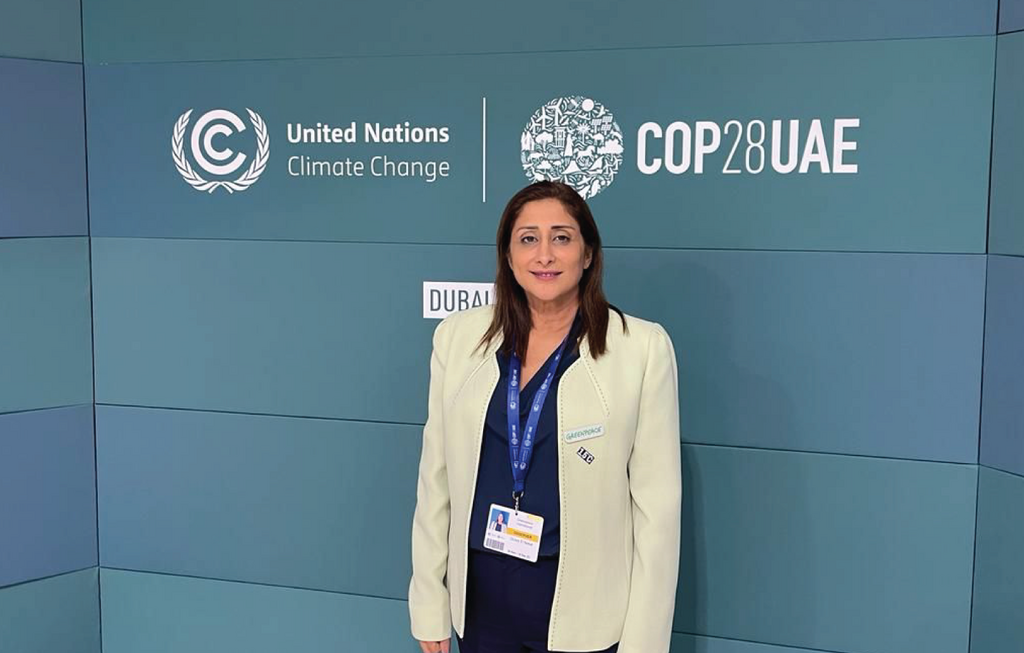
The UAE COP Presidency has succeeded in getting COP28 off to a strong and hopeful start with a series of groundbreaking decisions and milestones – especially in the key areas of climate finance and the transition to renewable energy.
On the back of the opening day’s historic consensus to operationalise the new Loss and Damage Fund, the UAE led the pledges with $100 million that set the tone for total pledges of that have now reached more than $700 million.
Every contribution matters to communities suffering from climate-related loss and damage, but these pledges are still very far from covering the needs of developing countries for whom loss and damage from climate disasters is estimated by one study to reach as much as $580 billion by 2030. Therefore the final COP28 decision needs to recognise the responsibility of developed countries to take the lead in resourcing the fund and define a replenishment cycle that will ensure its long-term sustainability.
A fully operationalised and sustainable loss-and-damage fund is a fundamental question of climate justice – and it is vital that these funds be provided as grants, not loans that could further burden countries already grappling with economic challenges. We need a reckoning that taxes the oil and gas companies of the historical fossil fuel polluters, the most responsible for climate change, so they are forced to pay to fix the crisis they have caused and which has allowed them to reap billions at the expense of the planet.
On fossil fuels, we still need to see concrete progress. While the joint call of the COP28 Presidency and the IEA set the scene for a phasedown of fossil fuels within this decade in line with the 1.5°C scenario, we still need to hear a commitment to a phaseout. But, it’s nevertheless remarkable to see such a bold announcement sent by a COP Presidency that is a fossil fuel producing country – both as a message to the world and to other producing nations such as Saudi Arabia. When such a message comes from a nation that was built on fossil fuels and has benefitted accordingly, it comes at a potential cost and is a clear example of choosing to put people and the planet before short term profits. This clear call for a phasedown is a real encouragement to world leaders, particularly those from developed countries in the Global Stocktake – which so far has a draft proposition that includes the phaseout of fossil fuels. Governments must rally to support this proposition if we are to see a rapid enough decline in emissions by 2030 in line with 1.5°C.
This focus on a phasedown for this decade is just a start, and must be the prelude to a more comprehensive commitment – the fair and full phaseout by mid-century of all fossil fuels, including oil, gas, and coal. Action this decade is crucial and cannot be voluntary. There can be no room for new oil and gas projects. If we can see agreement on this ambitious goal in the text of the formal cover decision, then COP28 will be a testament to the UAE’s leadership and an historic and unprecedented milestone in global climate action.
Clean energy received a huge boost when more than 120 countries – including 8 from the MENA region: UAE, Lebanon, Yemen, Tunisia, Morocco, Syria, Oman and Jordan – made a commitment to tripling renewable energy capacity worldwide by 2030 and doubling the annual rate of energy efficiency improvements. Saudi Arabia was notable among the countries that chose to abstain, along with China and India.
But a future powered by solar and wind will only happen fast enough with greater global and regional cooperation and leadership among Arab countries, especially from Saudi Arabia, for a fair and full phaseout by mid-century of all fossil fuels. Saudi Arabia and the Arab group need to build on the UAE’s ambition to make this COP truly memorable. COP needs to show the world that here in Dubai an historical commitment to phase out fossils was made! The world is watching and it’s time to take action now.
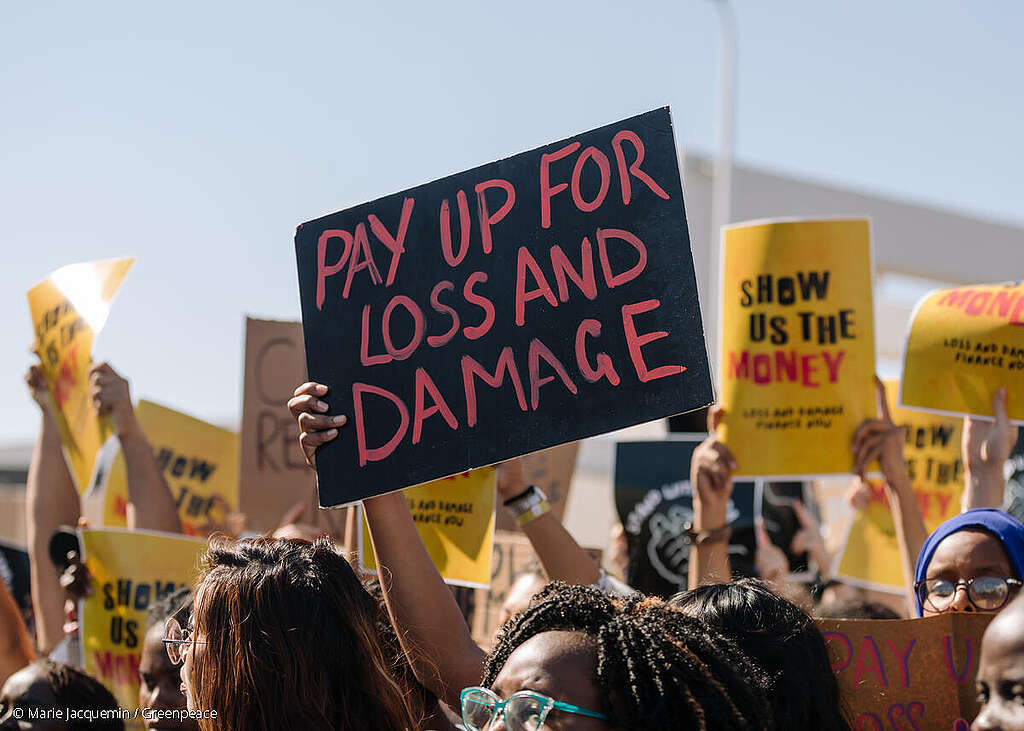
The 28th UN Climate Conference is taking place at the end of a year when we saw record temperatures, thousands of people dying in floods in Libya and Algeria and wildfires spreading across Syria, Tunisia, and Lebanon. We are in a race against the climate crisis clock and it’s accelerating fast, so world leaders need to act faster.
Join Us
